Weekly overview in pictures: Anti-war protests & messages in Bucharest | “Toys’ bridge” for Ukrainian child refugees | Another busy week for the president
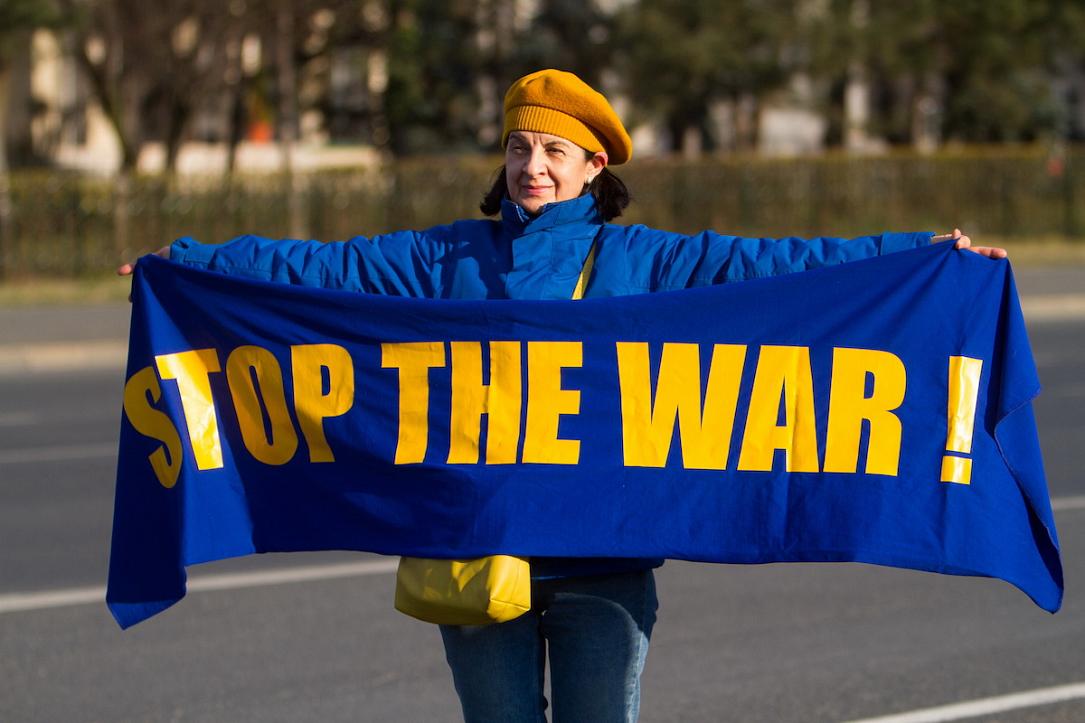


Both Romanians and Ukrainian refugees gathered in Bucharest this past weekend to protest against Russia's ongoing war in Ukraine. On Saturday, March 19, participants gathered in Victoriei Square and then marched to the Russian Embassy, carrying flags of Ukraine and chanting slogans against the Russian aggression. A similar protest was also staged the next day, on March 20.
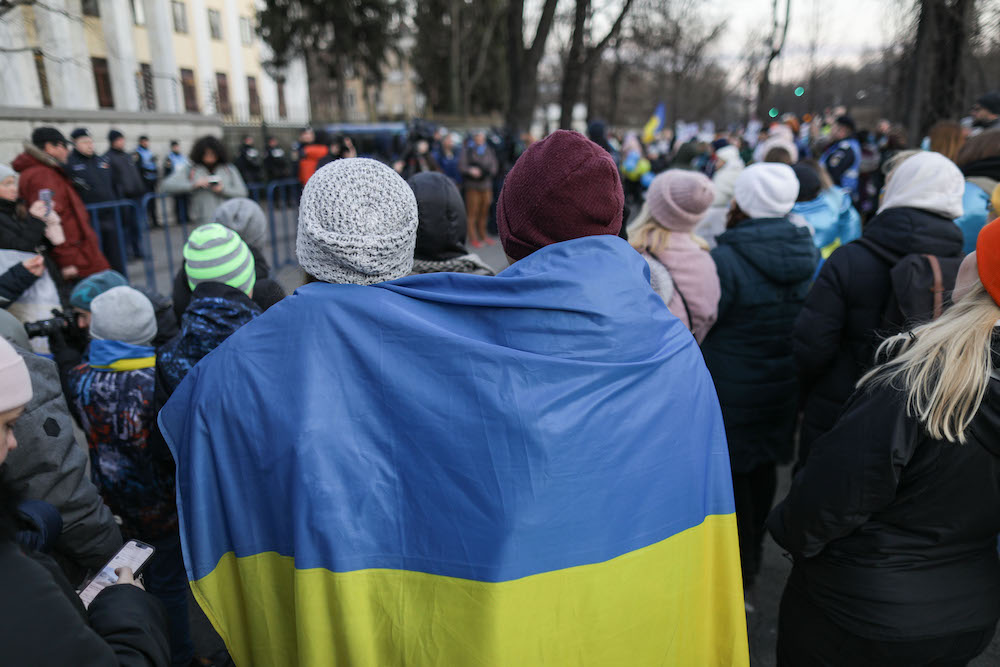
Visual artists lit up the National Theatre in downtown Bucharest on Saturday evening, March 19. Several messages of solidarity with Ukraine, peace and love were projected on the building's facade as part of the international solidarity campaign Enlightenment - #ArtistsUnitedforPeace. On the same day, artworks were projected on iconic buildings around the world.
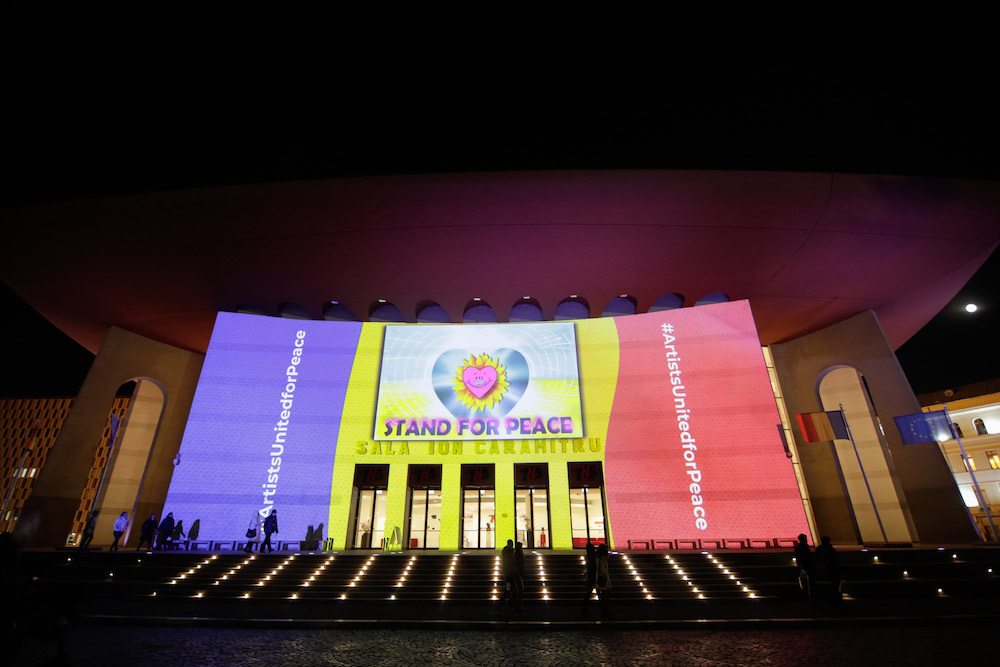
With more and more Ukrainians seeking refuge in Romania (many women and children), Romanian border police officers and locals have turned a bridge between Ukraine and Romania into a "toys' bridge." All children entering Romania through the border point at Sighetu Marmatiei can choose one or more toys to accompany them in their journey ahead.
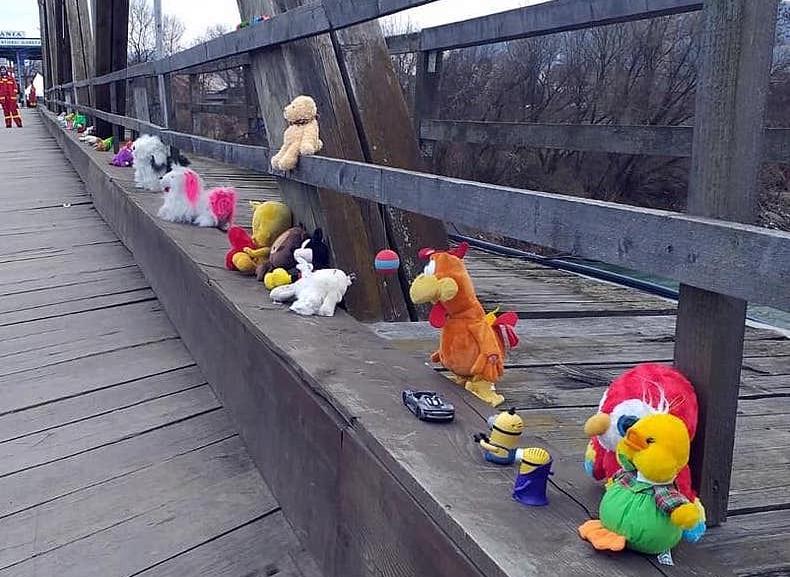
Romanian president Klaus Iohannis travelled to Chisinau on Wednesday, March 16, where he met with Moldova's president Maia Sandu. The two officials discussed the consequences of Russia's armed aggression against Ukraine and measures to deal with its effects, as well as the situation of refugees entering the two countries and Moldova's European integration.
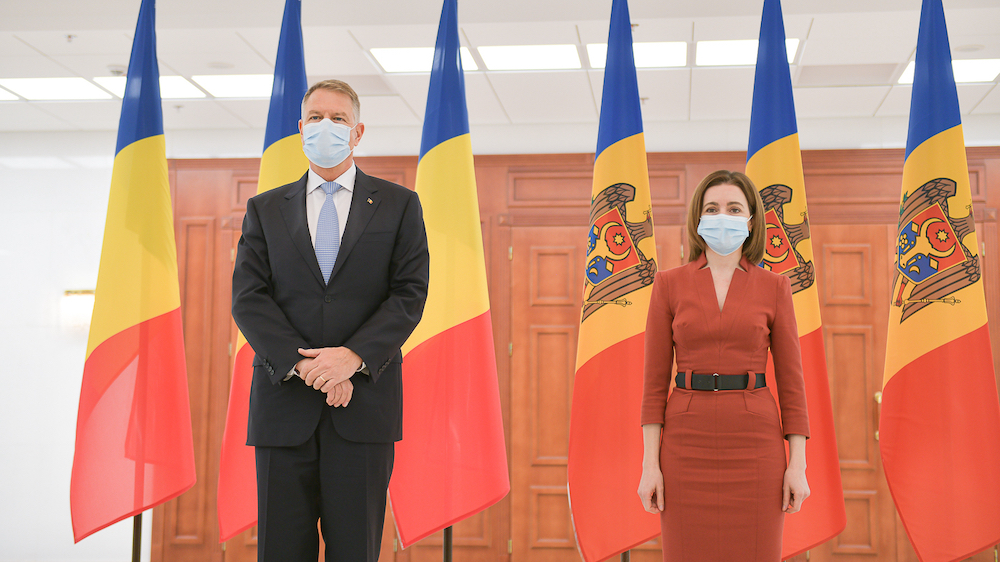
On March 15, Klaus Iohannis welcomed Bulgarian president Rumen Radev at the Cotroceni Palace in Bucharest. The talks focused on the security situation generated by the Russian military aggression against Ukraine and ways to combat this conflict's effects. In the joint press conference held after the meeting, the Romanian president said the war in Ukraine would not spread to NATO countries but, at the same time, reiterated the need to strengthen the Alliance's eastern flank, to prevent and discourage any possible attack.
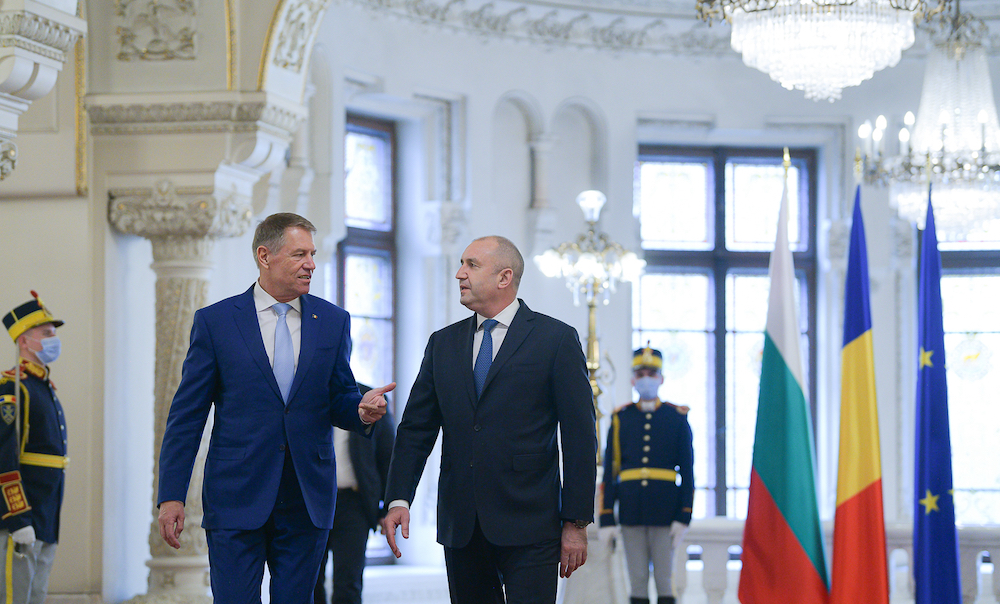
Spain's prime minister Pedro Sánchez also came to Bucharest this past week, on March 17, to meet with the Romanian president. The war in Ukraine and its economic and humanitarian effects was again the main topic on the agenda, but discussions also focused on other aspects of the Spanish-Romanian relations.
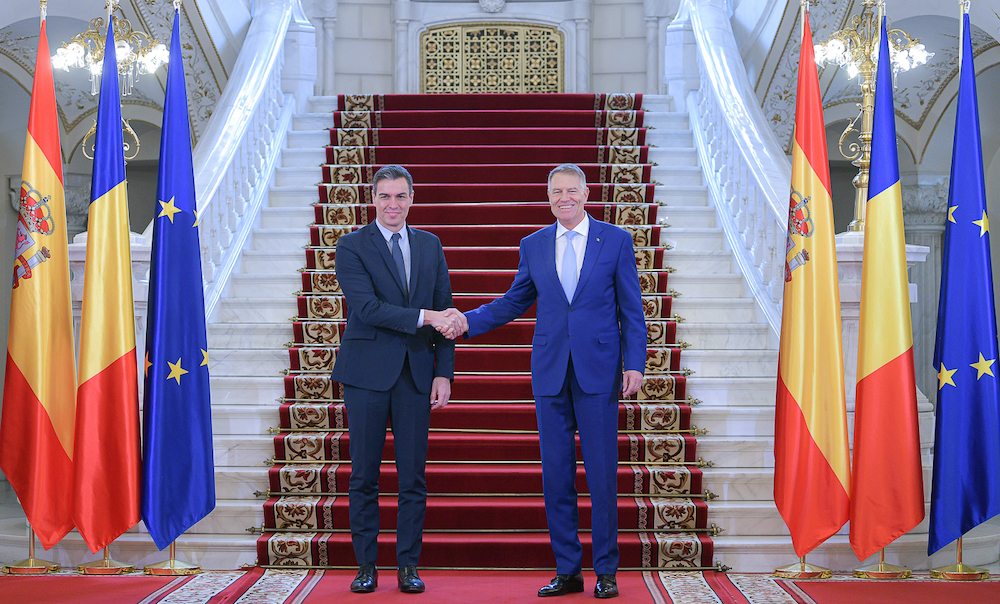
President Klaus Iohannis also met with Estonian president Alar Karis in Bucharest on Thursday, March 17. Once again, the talks focused on the Russian aggression in Ukraine and ways to strengthen NATO's eastern flank. Another topic was Moldova's accession to the European Union, with president Iohannis saying that Romania is not only willing but is determined to help its neighbour with this process.
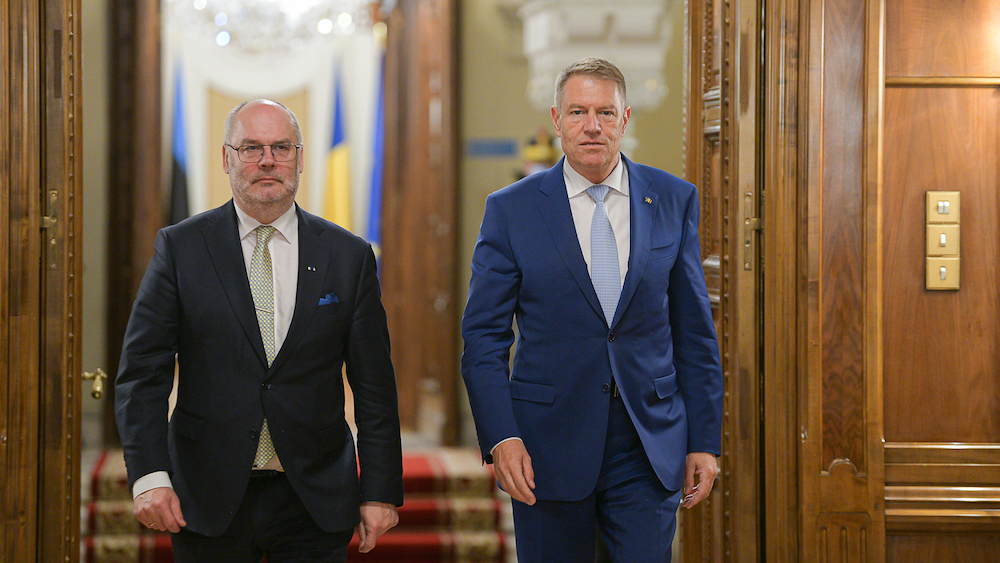
Also last week, on March 16, president Klaus Iohannis attended the event marking the beginning of works at the Maison de la Francophonie de Roumanie, a project that will be integrated into the campus of the Polytechnic University of Bucharest. "The building you are erecting in this place is proof that the values of Francophonie are not only a precious heritage for the Romanians, but also a resource that stimulates new energies," the Romanian president said.
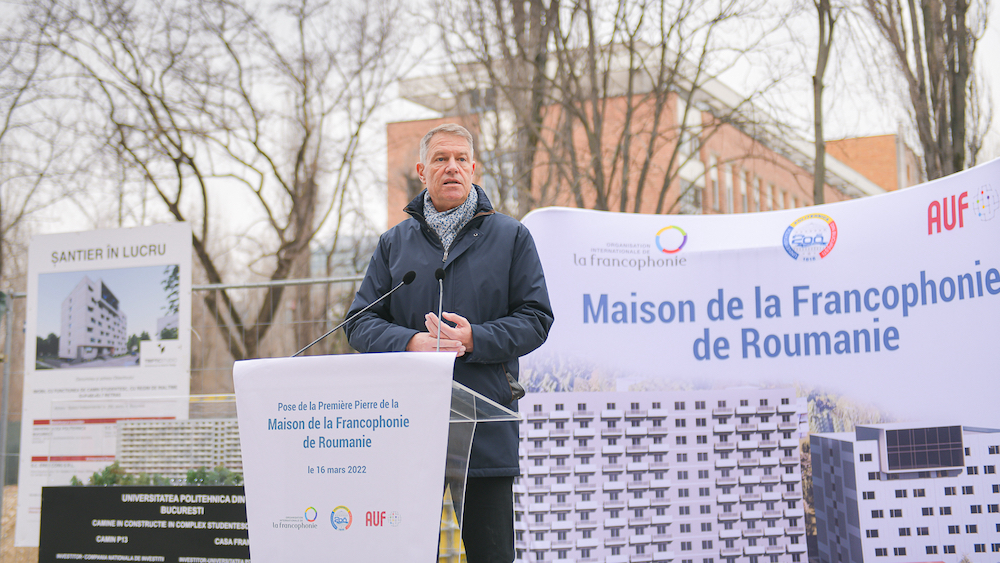
Last week also started with the news that Romania's new population and household census is kicking off. In the first stage, which will end on May 15, people can fill in the official questionnaire online. The form is split into several sections and includes questions related to graduate studies, occupation, and income. Further details here.
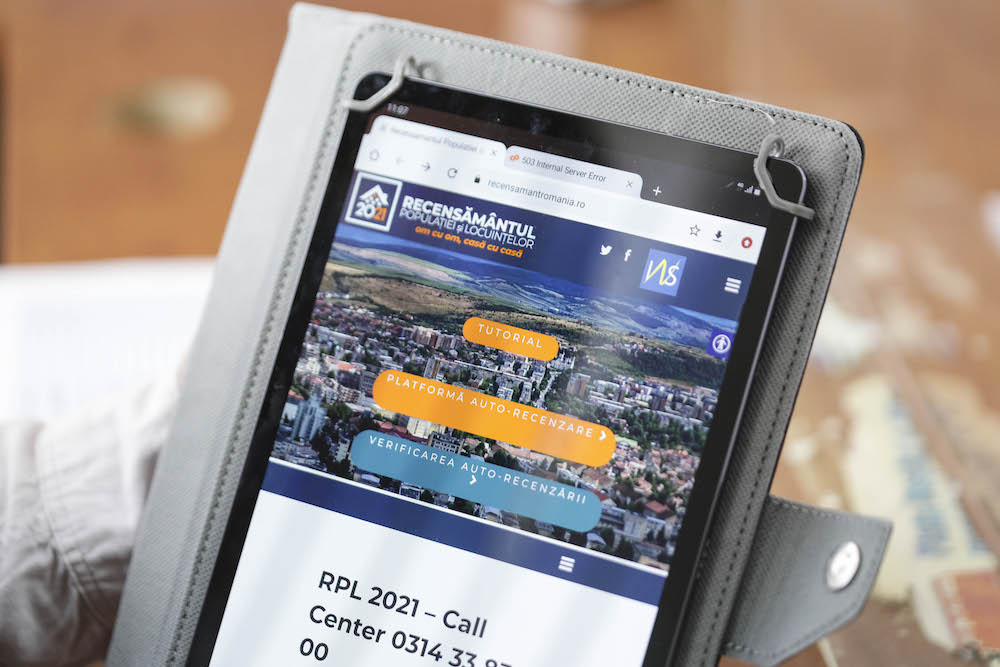
The City Hall of Iasi, a university city in eastern Romania, also announced early last week that the Braunstein Palace, an iconic building of the city, regained its brilliance after refurbishment. The restoration project was financed through the European Regional Development Fund, and the palace is set to host the French, German, and Italian cultural centres. More details here.
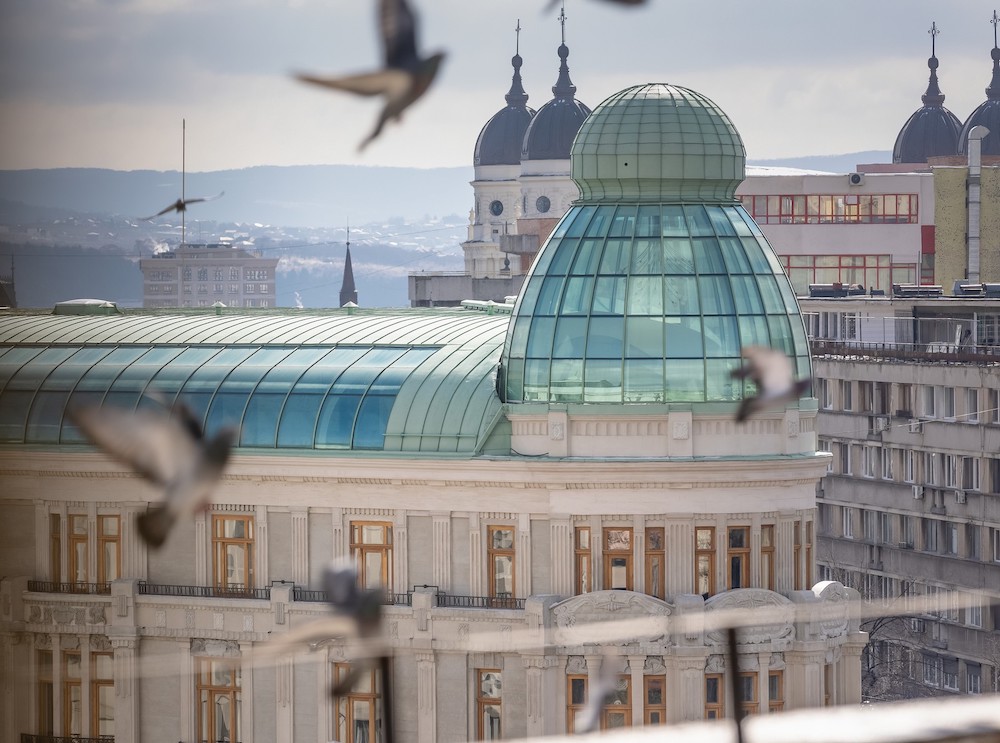
newsroom@romania-insider.com
(Openinh photo: woman at the anti-war protest in Bucharest; photo credit: Inquam Photos/Adriana Neagoe)